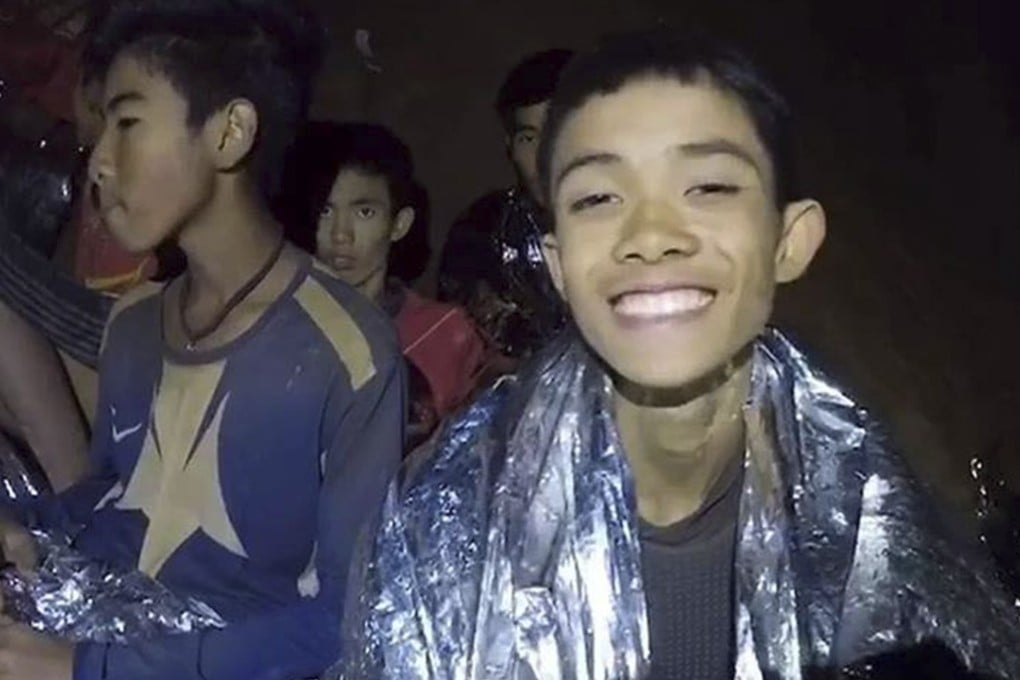Will Thai junta use cave rescue of soccer team to save itself?
With elections looming, a successful rescue of the 12 boys trapped in a Chiang Rai cavern could prove a timely popularity boost for the military government

While Thailand holds its collective breath as rescuers attempt to save 12 boys and their soccer coach trapped in a cave in the northern province of Chiang Rai, the country’s ruling military junta has more reason than most to pray for a happy ending.
A successful rescue of the boys could give the junta – which seized power in a coup d’etat in May 2014 – a timely popularity boost as it comes under intense pressure to hold elections.
“Thai authorities are trying to use [the rescue] for political gain,” said Rangsiman Rome, a pro-democracy activist and leader of the Democracy Restoration Group. “Whoever saves the kids is going to be seen as a hero.”
Thailand’s monks run amok, but will junta’s crackdown answer its prayers?
The boys, aged between 11 and 16, and their 25-year-old coach entered the cave after practice on June 23 and became trapped by rising waters. They were missing until July 2, when they were found alive seeking refuge on a mud bank. The Thai Navy Seals shared on Facebook a video of the moment two British divers found the children, and since then has been sharing more videos and pictures of the rescue operation.
The stakes are high. At least one rescuer, a former Thai Navy seal, has died from lack of oxygen while trying to help the children. The divers are being lauded as heroes, and Chiang Rai governor Narongsak Osottanakorn has called the rescue “mission impossible”.
More than 1,000 people have been involved in the operation so far, including the Thai Navy Seals, and teams from various countries, including China, Laos, the United States and Britain. However, evacuating the children from the cave is proving more difficult than finding them; the route to safety is considered dangerous even for expert divers and some of the boys do not even know how to swim.

Since the start of the operation, Thai authorities, including members of the royal family, have expressed support for the rescue teams. Last Friday, Prime Minister Prayuth Chan-ocha flew to the area to visit the families and to reassure them about the efforts being made by the government. “His message to the families was very politicised,” said Rangsiman. “But I don’t think they will succeed [in improving their image]. People are going to differentiate between the soldiers who are participating in the rescue and the government.”